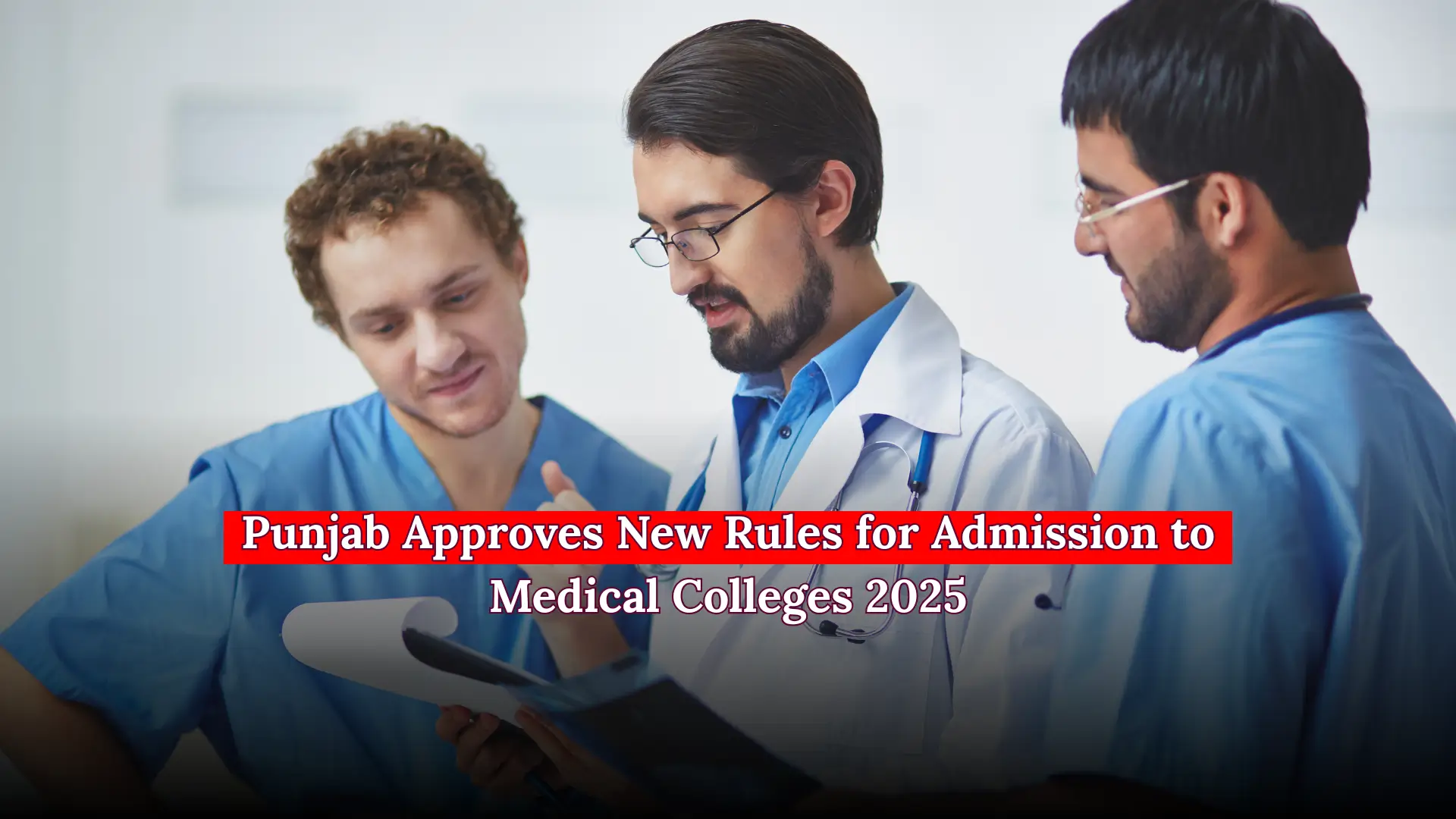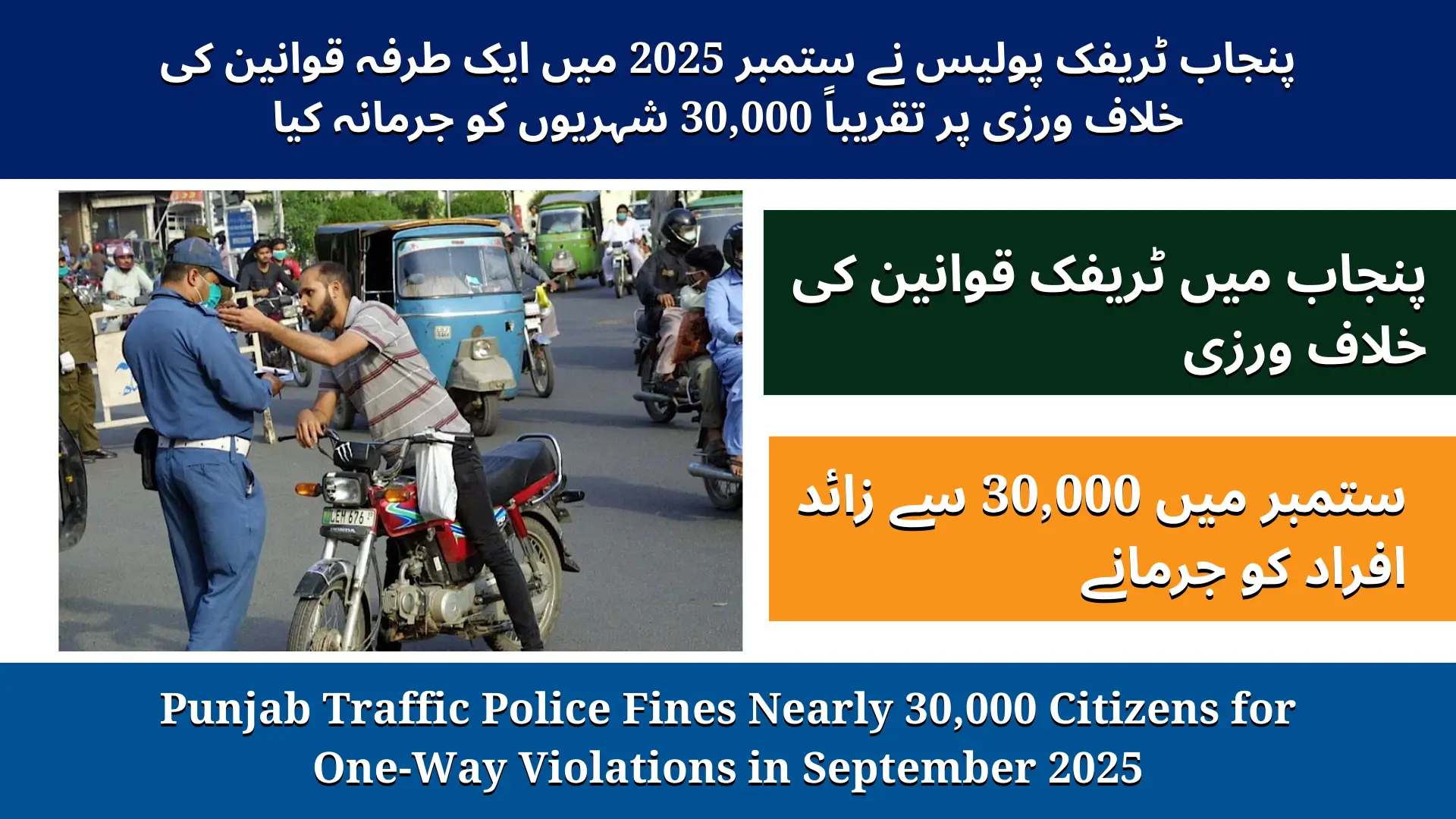Punjab Approves New Rules for Admission to Medical Colleges 2025. Punjab Approves New Rules for Admission to Medical Colleges 2025. The Punjab government has approved a new medical admission policy for public and private medical colleges across the province. The decision was announced during a meeting chaired by Chief Minister Maryam Nawaz, which focused on reforms in the health sector.
The new policy introduces significant changes in medical admissions, ensuring merit-based entry and streamlined fee procedures for students.
MDCAT Made Mandatory for Government Medical Colleges
Under the revised rules, passing the MDCAT exam is now mandatory for admission to all government medical and dental institutions in Punjab.
For the children of overseas Pakistanis, the MDCAT exam fee has been set at $10,000, making the process standardized and fair for international applicants.
This step is aimed at ensuring that all students admitted to public medical colleges meet a uniform academic standard.
Changes in Private College Admission Process
The cabinet has also introduced new rules for private medical colleges:
- Once a candidate’s name appears on the merit list, one-third of the tuition fee must be deposited with the University of Health Sciences (UHS).
- After the final merit list is issued, UHS will transfer the fee to the respective institution.
- Students are required to pay the remaining balance directly to the college.
These measures ensure transparency in fee collection and prevent disputes between students and colleges.
Specialization and Postgraduate Training
To address the shortage of medical specialists, the Punjab government decided that:
- Trainee doctors completing postgraduate training in private hospitals will be sent for specialization at private medical colleges.
- This will enhance the number of qualified specialists in the province and improve healthcare services.
Development of Medical Infrastructure
Other key decisions taken during the meeting include:
- Establishment of medical blocks within existing public universities instead of building new standalone colleges.
- Expedited work on Nawaz Sharif Medical City, aimed at providing state-of-the-art healthcare facilities.
These steps are intended to strengthen healthcare infrastructure while efficiently utilizing existing resources.
Health Sector Achievements Highlighted
Chief Minister Maryam Nawaz also praised the recent successes in the health sector:
- The first successful angioplasty at Sahiwal Cardiac Centre was acknowledged as a major achievement.
- She directed Mayo Hospital to ensure transparent patient care at its Ablation Centre.
- Improved facilities for cancer patients were emphasized to provide better healthcare services.
Why the New Rules Are Important
The new admission policy aims to:
- Maintain merit-based medical admissions across Punjab.
- Ensure transparent fee collection for private college students.
- Increase the number of specialist doctors through structured postgraduate training.
- Improve healthcare infrastructure and patient services in public hospitals.
These reforms reflect the Punjab government’s commitment to modernizing the health sector and providing better opportunities for aspiring doctors.
Conclusion
The Punjab government’s new medical admission rules mark a major reform in the province’s health and education system. With mandatory MDCAT exams, transparent fee processes, and improved specialization training, students will benefit from fair and merit-based admission.
Infrastructure improvements like medical blocks in universities and the Nawaz Sharif Medical City will enhance healthcare services, ensuring better patient care and more opportunities for medical professionals in Punjab.
FAQs About Punjab Medical College Admissions 2025
Q1: Is MDCAT mandatory for all medical colleges in Punjab?
Yes, passing the MDCAT exam is now required for admission to all government medical and dental colleges.
Q2: What is the MDCAT fee for children of overseas Pakistanis?
The fee is $10,000 for overseas Pakistani applicants.
Q3: How is the fee handled in private colleges?
One-third of the fee is deposited with UHS after appearing on the merit list, and the rest is paid directly to the college after the final merit list.
Q4: Will there be more specialist doctors after this policy?
Yes, trainee doctors from private hospitals will be sent for specialization at private medical colleges, increasing the number of specialists in Punjab.













